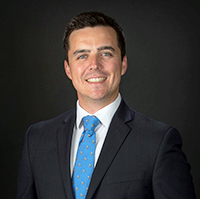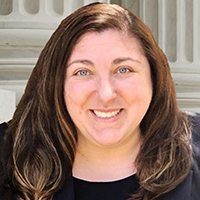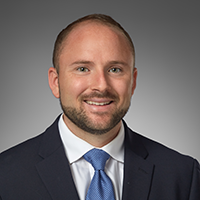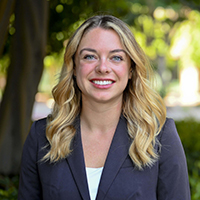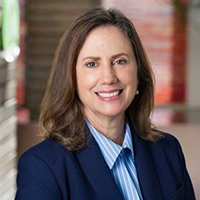By David C. Carr
Independence is often referred to as one of the core values of the legal profession. This value is reflected in American Bar Association Model Rule 5.4, entitled “Professional Independence of A Lawyer.” Model Rule 5.4(a) provides that a “lawyer or law firm shall not share legal fees with a non-lawyer …” with some narrow exceptions. Model Rule 5.4(b) forbids a lawyer from forming a partnership with a non-lawyer “if any of the activities of the partnership consist of the practice of law.” Subsection (c) of the Model Rule states that a “lawyer shall not permit a person who recommends, employs, or pays the lawyer to render legal services for another to direct or regulate the lawyer’s professional judgment in rendering such legal services.” Finally, Model Rule 5.4(d) says that a lawyer may not practice in the form of a professional corporation or other association if a non-lawyer holds any interest in the entity, is a director or similar member of the control group, or otherwise has the right to control the professional judgment of the lawyer. The rationale is that non-lawyers, unbound by the lawyer’s professional obligations, may make decisions that are not in the clients’ best interest in the name of more profit for the business entity. Read More
